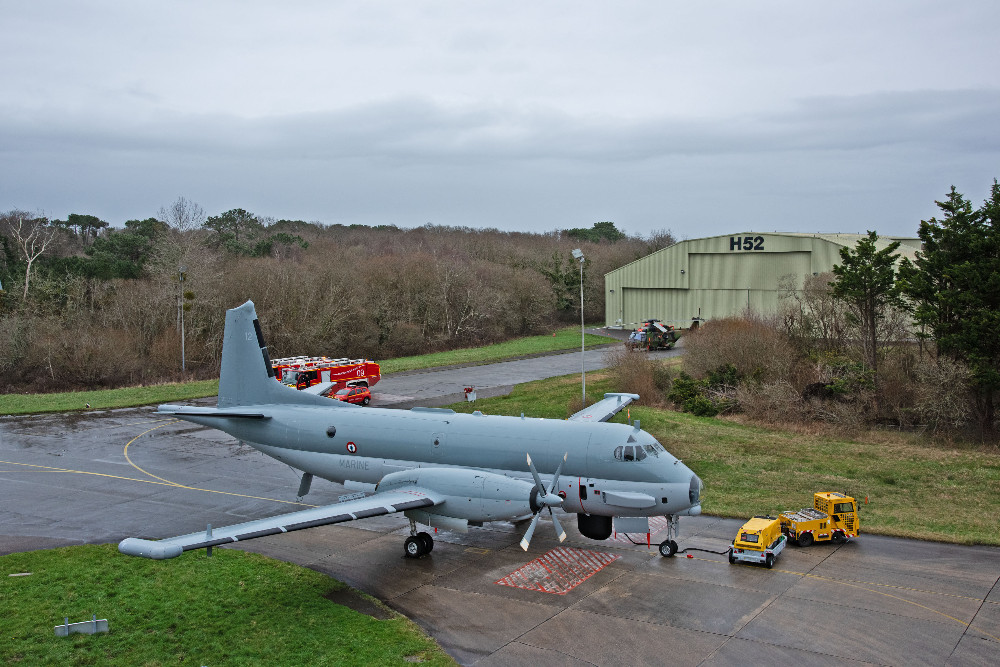Le Nigeria est le pays africain le plus peuplé avec de multiples défis à relever dont celui de la sécurité avec la menace de Boko Haram. Le Nigeria inscrit sa politique dans une démarche régionale et a souhaité augmenter ses relations avec la France, dans le domaine de la défense, pour répondre aux risques au Nord mais aussi sur la façade maritime.
The future of Nigeria: Security Challenges and Implications for Internal, Regional and Global Security Environment
The future of Nigeria: Security Challenges and Implications for Internal, Regional and Global Security Environment
Nigeria is the most densely populated country in Africa, with numerous challenges to be faced, including security with the threat of Boko Haram. Nigeria’s policy takes a regional approach, aiming to improve its relationship with France in the field of defence in order to respond to the risks in the north, as well as on the coast.
Nigeria, Africa’s most populated country and largest economy has suffered from persistent ethnic, religious and political violence since independence from the British in 1960. It went through a civil war between 1967-1970, the Maitasine crisis in the 1980s; sporadic ethno-pastoral conflicts particularly in the Middle Belt; and militancy in the oil producing Niger Delta region in the southern part of the country. In the past decade in particular, there have been a spate of violent attacks linked to the group notoriously known as ‘Boko Haram’ in the northern part of the country where thousands of lives have been lost and extensive damage to property suffered, setting the already slow development of the region even further backwards. Furthermore, conflict between nomadic herdsmen, cattle rustlers, and farmers has most recently expanded to other parts of the country with an escalation in the spate of violent clashes resulting in several deaths with entire villages being burnt down, and animals and farmlands being destroyed. Further south, a new wave of agitations by militants in the Niger Delta region as well as violent protests in the southeastern part of the country by pro-Biafra groups for the establishment of a Sovereign State of Biafra,1 raises concerns for the future security implications of the nation, the region and the global security environment in the near future.
Despite this myriad of security challenges, which for the most part remain internal with regional implications, and the multitude of issues that the new government of Muhammadu Buhari has to tackle, one year later, the population remain optimistic about the President’s ‘Change Agenda’. Expectations from Nigerians and the International community remain high as the former military ruler who is considered to be a no nonsense incorruptible ‘new born democrat’ continues to tackle the myriad of security issues plaguing the country.
Security Challenges
The Boko Haram Insurgency
The origins of the group started sometime in the early 2000’s, but remained relatively under the radar for several years until the public emergence of Mohammed Yusuf and a movement called Jama’atu Ahlissunnah Lidda’awa wal Jihad; a movement that claims to be based on Islamic religious ideology that rejects ‘westernization’ and calls for the establishment of an Islamic state in the country.2
Il reste 87 % de l'article à lire
Plan de l'article







